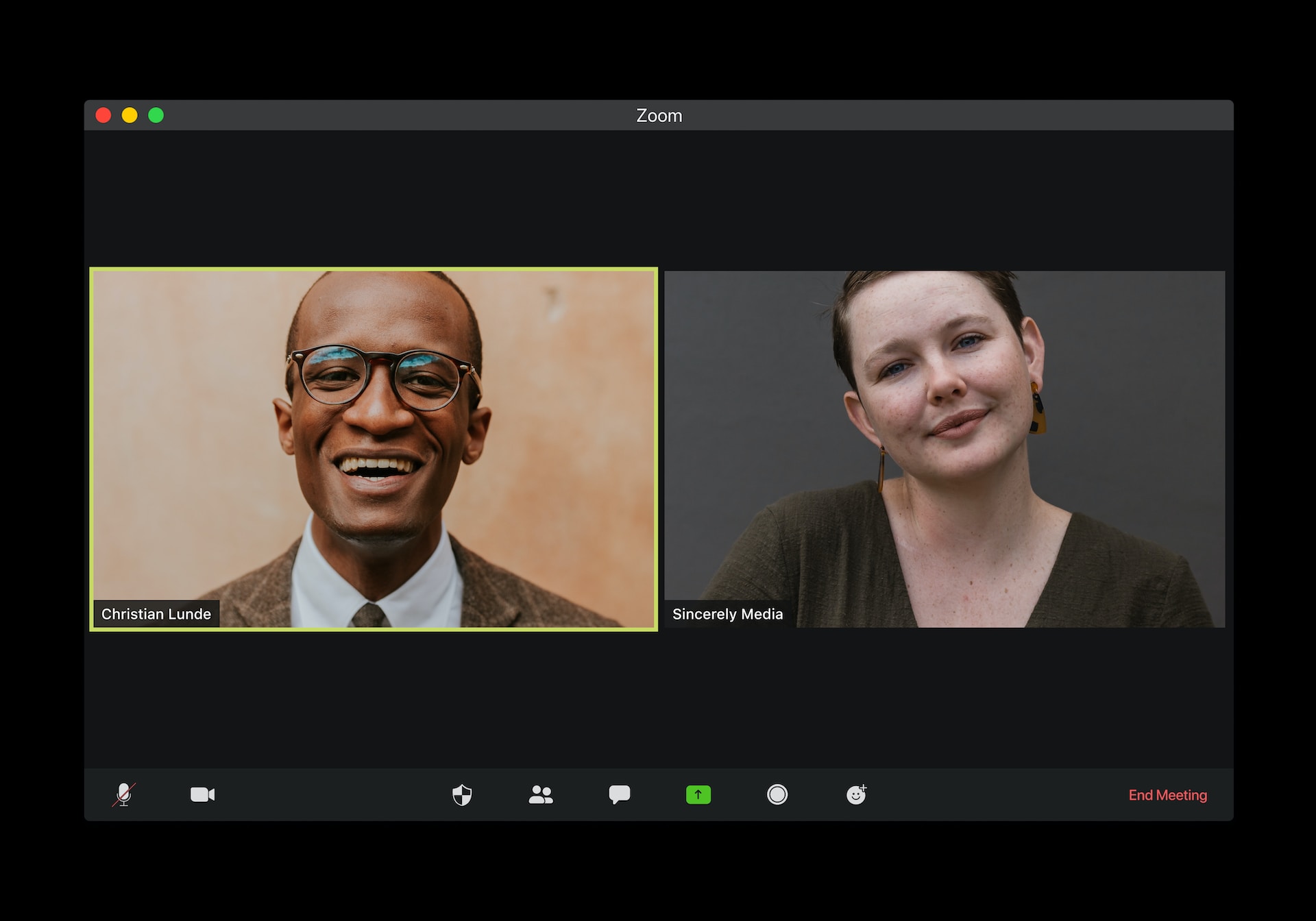A successful virtual event requires a lot of planning and preparation. Speakers, moderators and attendees all need to know what to expect. In addition, it’s critical to create a production experience that is engaging and visually appealing.
Know Your Audience
Before planning a virtual event, make sure you know your audience. Then, you can create a program that will engage them and keep them returning for more. It can be challenging to get people online, and if you don’t have a compelling reason for them to stay connected for hours on end, they will move on. You can combat online meeting fatigue and improve engagement with live polls, Q&As and other strategies to keep attendees engaged. Many marketers utilize these tactics for their online events.
Plan Ahead
Planning is vital for any successful event production. Leaving things for the last minute can cost you money, time and sanity! Fortunately, virtual events can be set up more quickly than in-person events. This makes them a great way to accelerate sales cycles, especially for B2B sales. When planning a virtual event production, you need to set clear, measurable goals specific to your event. For example, if you’re looking to drive brand awareness or revenue for your organization, set metrics like registrations, sign-up conversion, and direct sales.
Rehearse
Rehearsals are significant in any live event but can be crucial for virtual events. If not done properly, they can have a major impact on the success of your event and your attendees’ experience. In addition to ensuring that all of your speakers are fully prepared for their presentation, rehearsals can also be a great way to test out the technology you’re using and ensure that everything runs smoothly on the event day.
For example, if you’re using PowerPoint presentations, make sure to upload them during the rehearsal so that you can test for any issues or misalignments in the file. This can save you a lot of stress and headaches on the day of your event, and it’ll help your presenters feel more confident in front of their audience.
Organize a Team
Organizing a well-versed team in the production process is important if you’re planning to host a virtual event. This will help you ensure your event succeeds and meets your business objectives.
It’s also important to consider how your live stream will look and sound, as poor video production can be a turn-off for attendees. Organizing a team with experience in online event production will ensure your live stream is smooth and inaudible. This will allow your attendees to focus on the content instead of the technical issues.
Take Advantage of Technology
As a virtual event producer, you can leverage technology throughout production. This includes everything from event registration to tactical marketing tools. For example, look for an event platform that allows you to stream crystal-clear, TV-quality video to global audiences. If your live streams could be more jittery or laggy, you’re not only letting attendees down but could also upset sponsors who’ve invested in the event’s success. The right technology is also critical for post-event follow-up. It needs to happen quickly and be on point so that registrants can be reached out with follow-up content built off their experience at your event.



